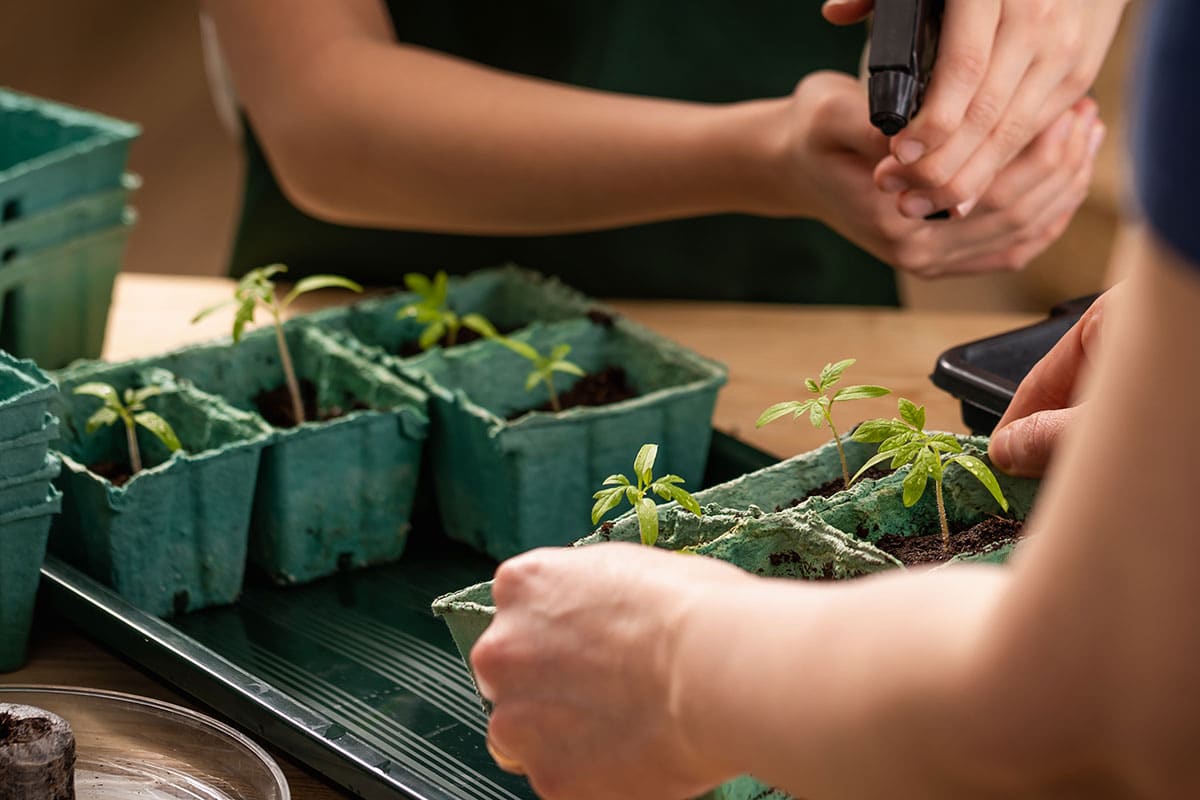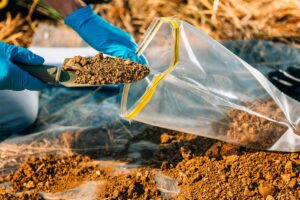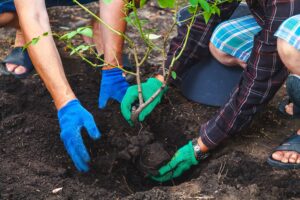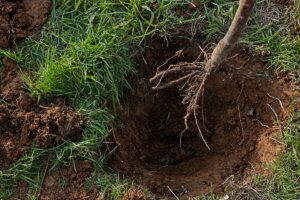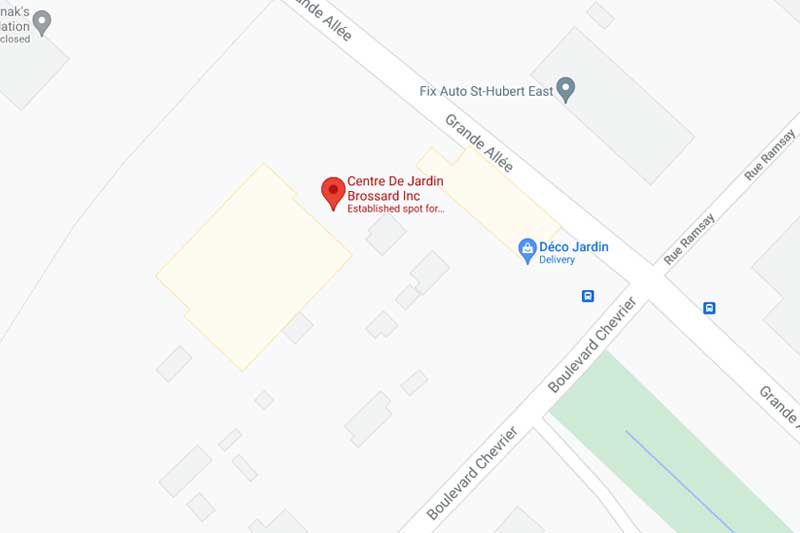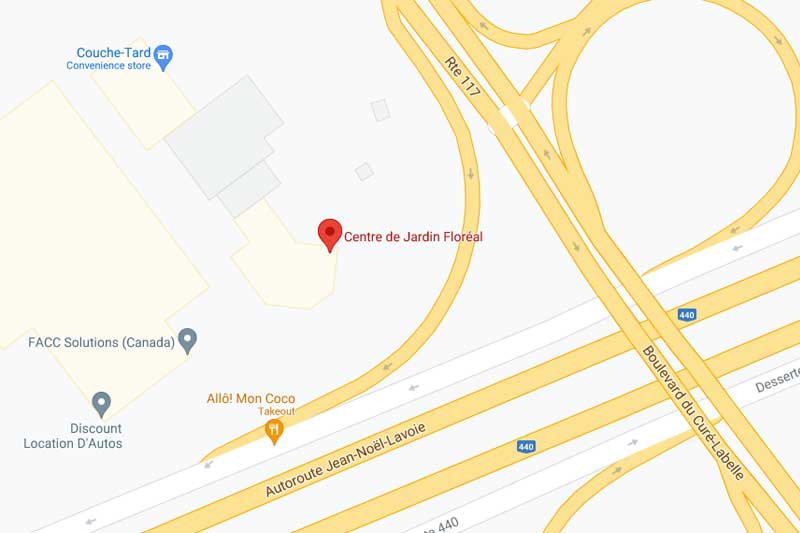Just like humans, plants need food to grow healthy and be strong and productive. Vegetable and herb seedlings grown indoors during spring are no exception to this basic principle. By feeding them, you are ensuring that they get all the nutrients needed to grow, and you put all the chances on your side to have vegetables in great quantity at harvest time.
Why fertilize seedlings
Even though you have chosen a potting soil specially designed for the development of seedlings and that contains all the nutrients necessary to the good health of your young shoots, fertilizing seedlings will ensure that your plants are healthier, stronger, and more vigorous. It will also ensure that they are more resistant to insects and diseases, and that they produce more. The three main nutrients in plant foods, nitrogen, phosphorus and potassium, each have their role to play in plant health:
- Nitrogen: promotes foliage growth
- Phosphorus: benefic for flowers and roots
- Potassium: helps fruit to ripen and promotes an abundance of flowers
How and when to feed your seedlings
Fertilization of seedlings starts when they have 4 to 6 true leaves. The most effective way to fertilize your seedlings is by foliage spraying: fertilizer diluted with water is sprayed directly on the seedlings and on the soil surface, without soaking it. This type of fertilization allows a fast assimilation and an instant availability of nutrients for the plants. Ideally, fertilize early in the morning, which promotes absorption, every other watering.
Which fertilizer to choose
There are two types of fertilizers: synthetic fertilizers and natural fertilizers. The source of the nutrients is different from one to the other: the synthetic fertilizers are created in a factory whereas natural fertilizers come from animal or plant organic matter. Both have advantages and disadvantages. If you choose to grow organically, you must choose organic fertilizers approved for this type of culture.
Synthetic fertilizers: : Use a synthetic all-purpose plant food (such as 20-20-20) in half dose to feed your seedlings. Half of the manufacturer’s recommended dose should suffice for your seedlings.
Natural fertilizers: seaweed-based fertilizers are very effective on seedlings. In addition to the three basic nutrients, they contain trace elements and minerals necessary for plant growth. Follow the manufacturer’s recommendations on the label for dosage.
For other gardening tips and tricks, come meet us in our Brossard and Laval locations.

